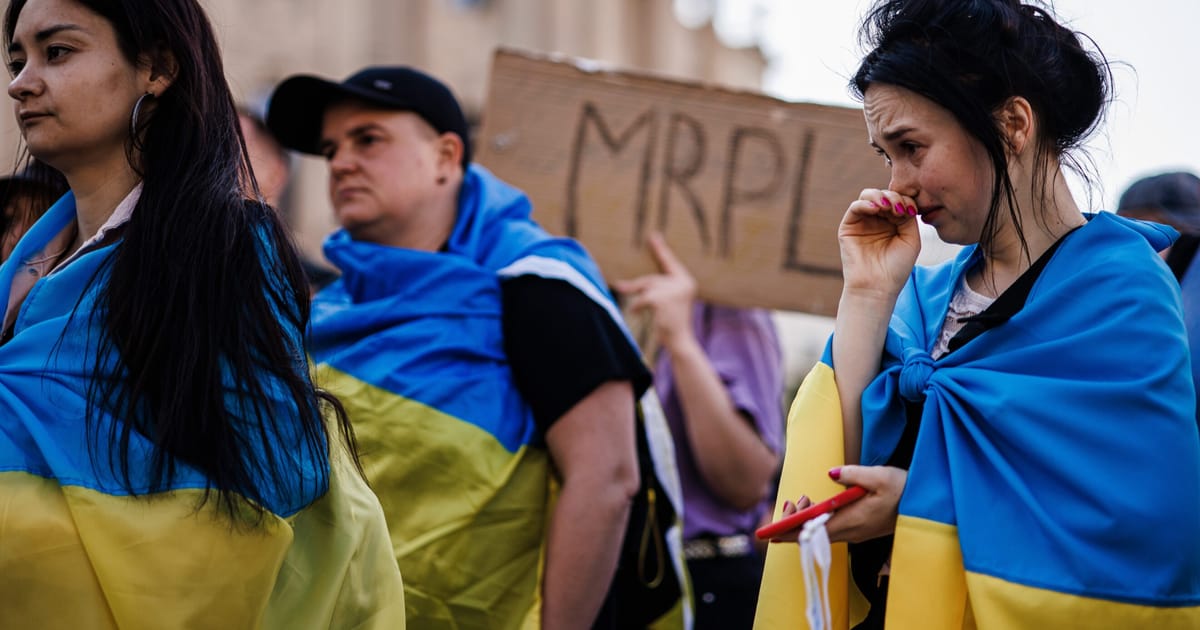

In recent days, a series of significant global events have unfolded, spanning various corners of the globe. From targeted sanctions in the UK to escalating unrest in Syria and a tragic accident in the United States, these events reflect the complexity of contemporary international dynamics.
The United Kingdom recently imposed sanctions on a group of Russian intelligence operatives, marking a decisive response to cyber threats and past incidents of espionage. The sanctions target 18 individuals, whose assets in the UK will be frozen, alongside travel bans. This move primarily addresses individuals involved in cyber-attacks that have compromised critical sectors including media, telecommunications, political entities, and energy infrastructure. Intriguingly, two agents are linked to the insertion of spyware on a device associated with the Salisbury poisonings, specifically targeting Yulia Skripal, a notable figure in this context. This action highlights the ongoing commitment of the UK to safeguard its digital and national security.
In the Middle East, Syria is experiencing heightened turbulence, exacerbating an already volatile situation. Following the downfall of Bashar al-Assad’s regime seven months ago, Syria continues to grapple with sectarian violence. Recent clashes between Bedouin tribes and the Druze minority in Sweida have escalated, drawing in both Syrian government forces and prompting Israeli airstrikes. According to the Syrian Observatory for Human Rights, these confrontations have resulted in significant casualties, with the death toll climbing amidst the call by the United Nations for an end to the violence and a thorough investigation into the events. This unfolding crisis emphasizes the intricate web of alliances and enmities forming in the post-Assad era.
Concurrently, tensions in the region have been further intensified by recent Israeli military actions in Gaza, particularly a strike on the territory’s sole Catholic church, the Holy Family Church. This incident prompted an ecclesiastical delegation led by senior Christian clerics from Jerusalem to visit Gaza, highlighting the humanitarian concerns and religious implications of such actions. The dialogue between religious leaders and Israeli authorities seeks to foster a ceasefire and address the region’s humanitarian toll, as emphasized by international figures, including the Pope.
Meanwhile, across the Atlantic, a tragic incident occurred at a law enforcement training facility in Los Angeles, USA. An explosion resulted in the deaths of three deputies, members of the department’s arson explosives detail, marking one of the most significant losses for the agency since the 19th century. Local authorities are still investigating the cause of the explosion while informing families of the unfortunate victims. This incident underscores the inherent risks faced by law enforcement officers in their line of duty, serving as a somber reminder of their service and sacrifice.
These interconnected events underline the diverse challenges currently confronting our world, from geopolitical conflicts and domestic security concerns to the societal impacts of international diplomacy. As these situations evolve, ongoing efforts towards resolution and understanding remain essential.
Source: {link}
